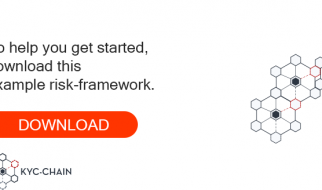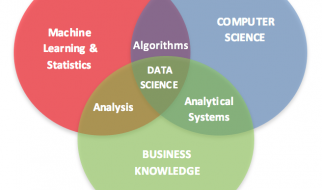You need to know the ?how,? not just the ?what? and the ?why?
 Photo by Ben White on Unsplash
Photo by Ben White on Unsplash
As Scott Berkun so succinctly put it: ?There is no doubt in my mind street smarts kicks book smarts? ass.?
I could stop writing now, to be honest.
That is as clear an answer as can be.
Alas, three sentences don?t count as a blog post, so let?s add some insight to the opening statement.
First off, let?s debunk a theory.
Being street smart doesn?t mean you are ?uneducated? or ?unintelligent.?
That is a completely false assertion.
I did relatively well at school and have a university degree. But I would definitely brand myself as streetwise, as would many others.
So What Is It to Be Street Smart?
Being street smart means you have a good environmental or situational understanding. You know what?s going on around you.
More importantly, you can see what?s happening around you.
You are able to make judgments on the scenario, the place, and people around you, and you are able to trust these personal judgments. Let?s call it gut instinct, and yours is on point.
It is, stripped back, having a basic understanding of the street ?level.? Being on the ground. Being in the battle, rather than looking down on it.
Further, your solutions to problems and tasks will more likely be practical and pragmatic.
It is developed purely from experience and ?real life.?
It comes from actually doing the task, or the work, that others read about. From getting your hands dirty. From getting ?stuck in.? Whether it is through successes or failures, these first-hand experiences develop your knowledge and understanding of the world and your work.
This is the fundamental advantage. You have learned things you can?t just read about in books. You know the ins and outs that can only be gained by doing.
Whereas book smarts knowledge is gained secondhand from readings and learning.
I Thought It Was a Great Thing to Be Book Smart?
For many, it is.
It can?t be denied that the books smarts are indeed smart. Some are some of the brainiest and most knowledgable people around.
Book smart can be described as ?exam smart? or ?academically smart.?
Book smarts enjoy the structure of the learning environment. Study this, take this test, get this right answer, move onto the next exam.
They believe value lies in knowing things and reading things.
However, another term you may have heard used to describe the books smarts is the ?smartest dumb people.?
This is based on the notion that they have all the tools; i.e. the knowledge. But they lack the practicality to put the learning into practice and execute it. They have the learning and understanding of what to do, yet somehow common sense and practicality seem to be missing.
They have the ?know what? and the ?know why.? But the actual ?know how? is non-existent.
And that is why being street smart, or streetwise, is the key to success in your startup.
You can read all the success stories you like. Read the founders? secret formula for ?making it?. Consume books like ?Making Ideas Happen? and ?How To Be An Overnight Success.? Subscribe to entrepreneurial newsletters. Watch Ted Talks about entrepreneurs.
But what happens when you are out in the real world, with no reading at hand, and the going is getting tough?
In these situations, the street smarts are ready to fight and defend themselves. They have prepared themselves for these moments. This is where their expertise comes into play.
They have the ?world experience,? which trumps the book smarts ?word experience? every single time.
They have the life skills, which trumps the abstract learning of the book smart.
They know and understand their environment and who is in it.
If you?re starting or have started a business and are not streetwise, or wish to be more so, I can offer one key piece of advice.
Immerse yourself in the environment you work in.
Get out there in person. Meet the clients. Get onsite. Get involved in the dirty work. Don?t be hands-off. With every experience, positive or negative, you will become more accustomed, more comfortable, and more aware of your world.
Learn it by living it.
See more at www.sjmblog.com


